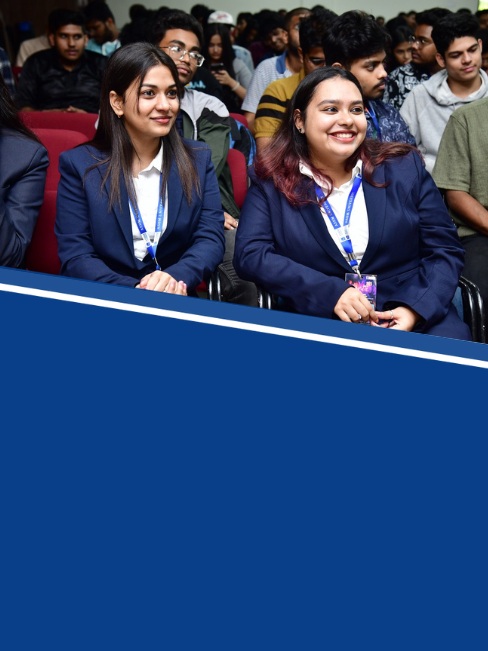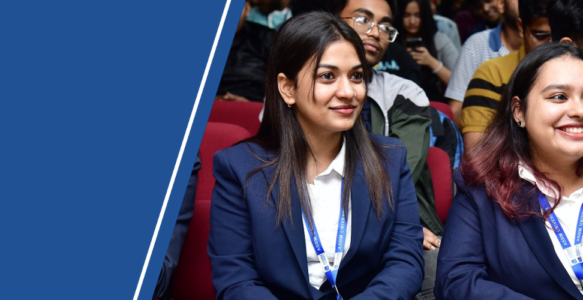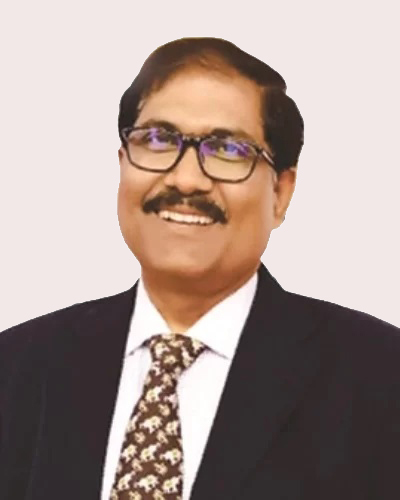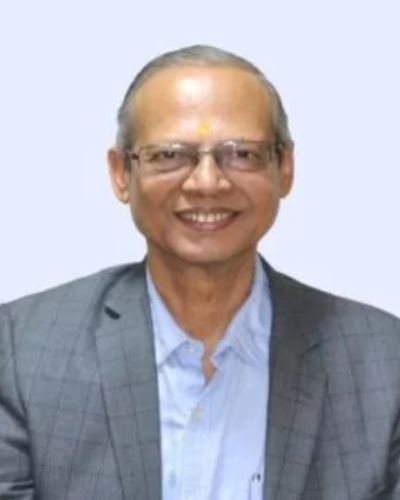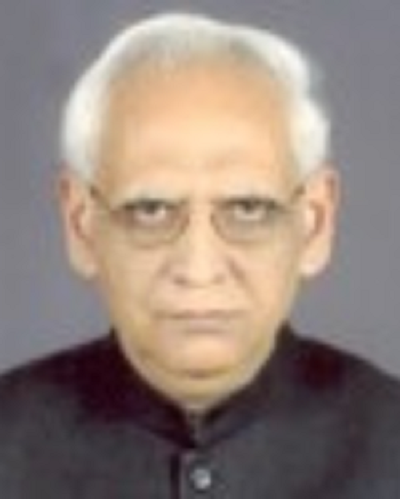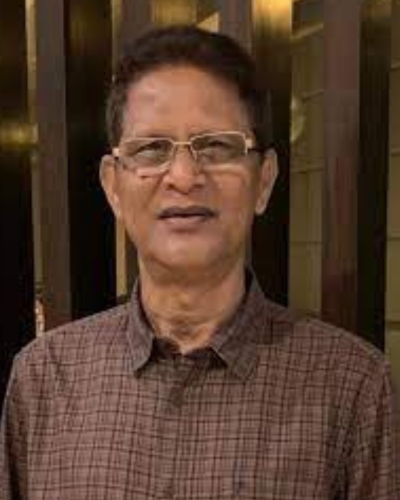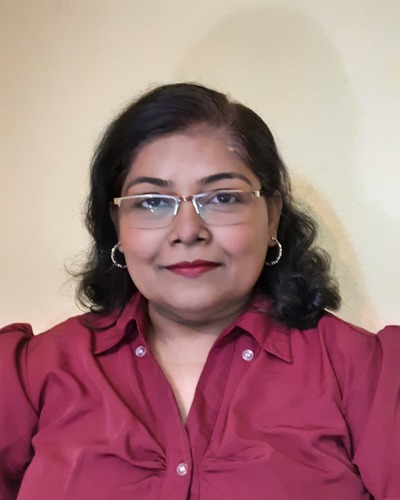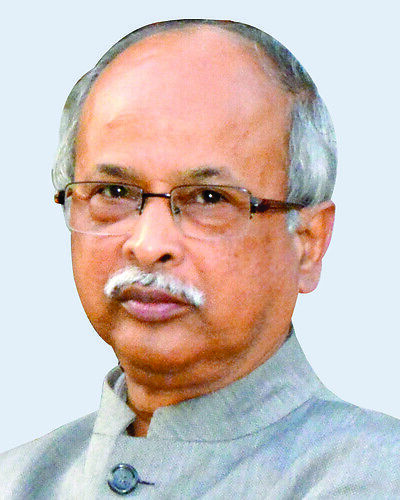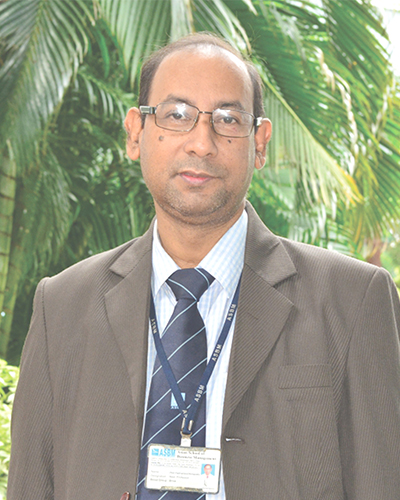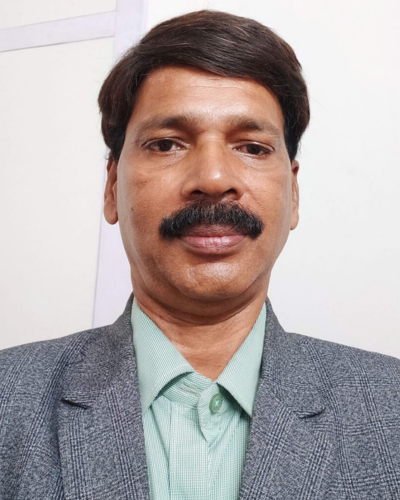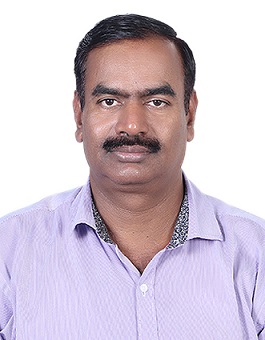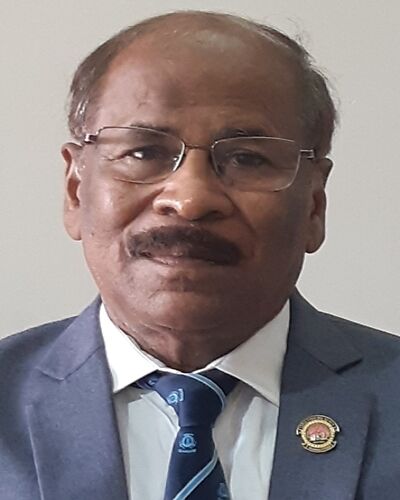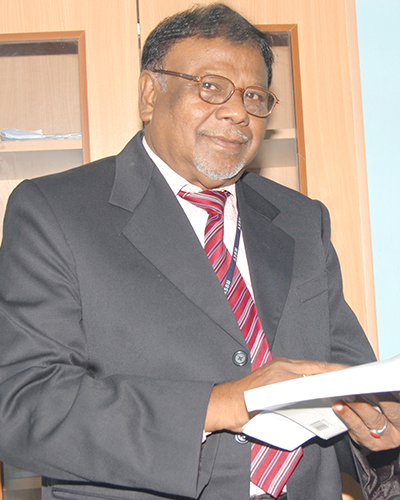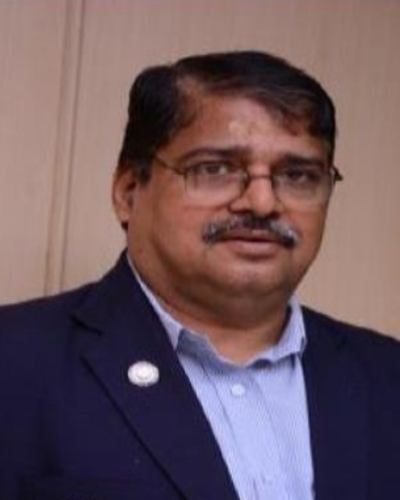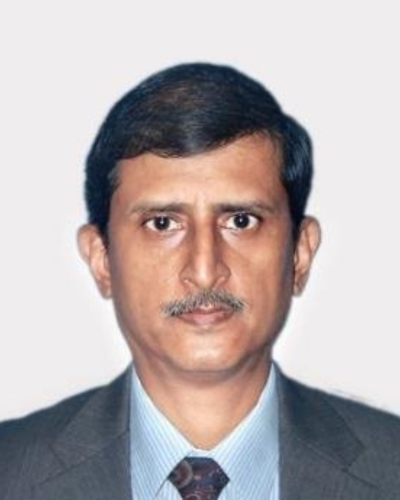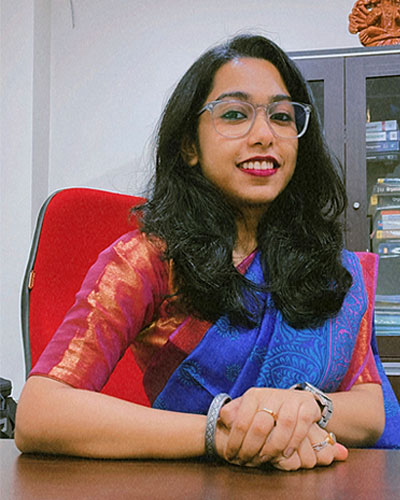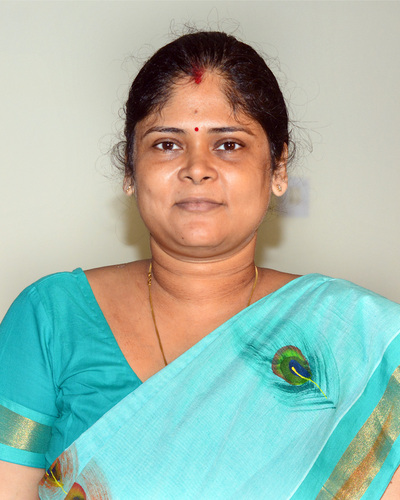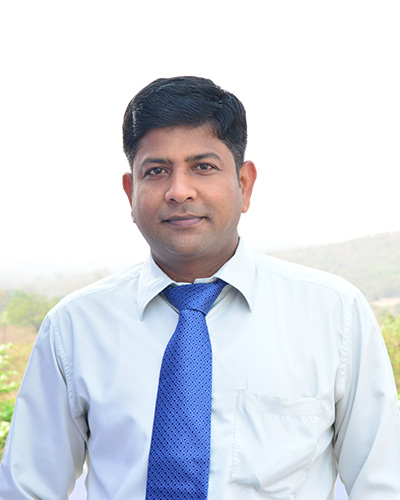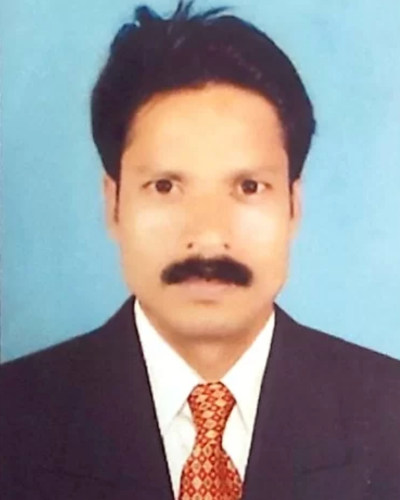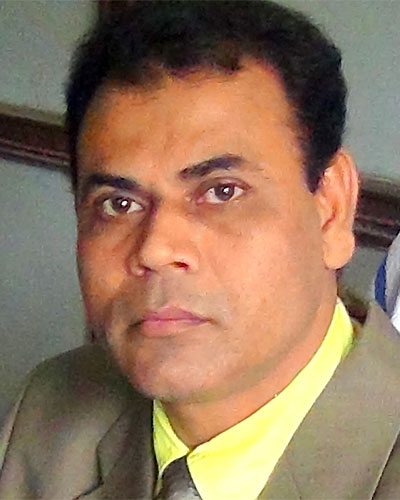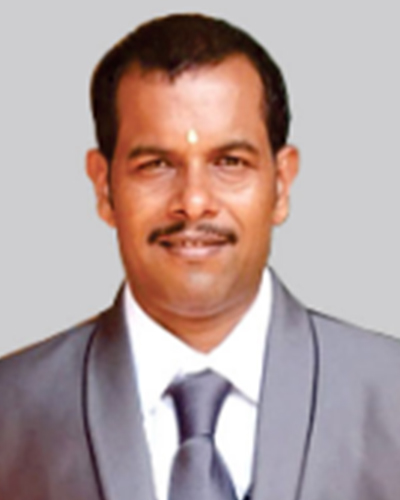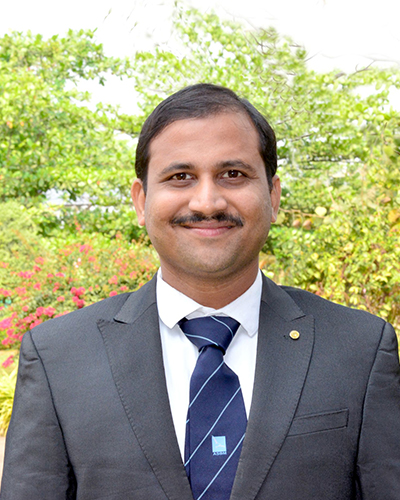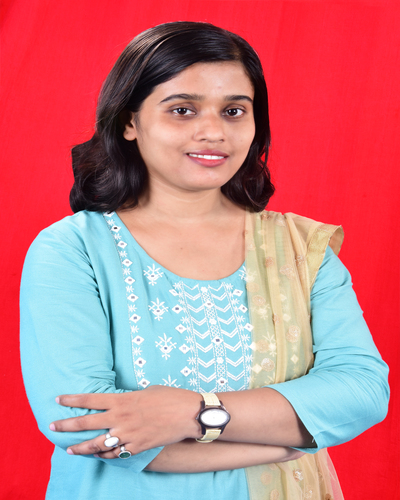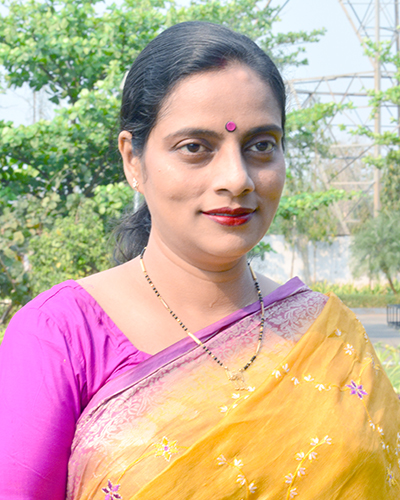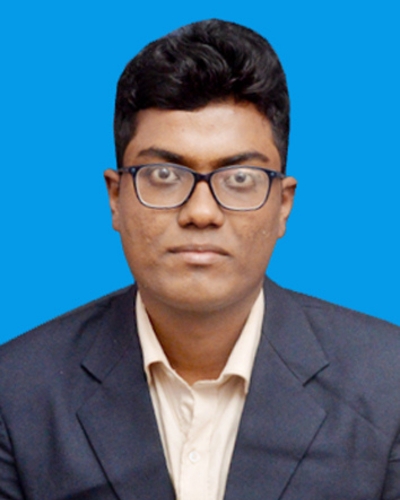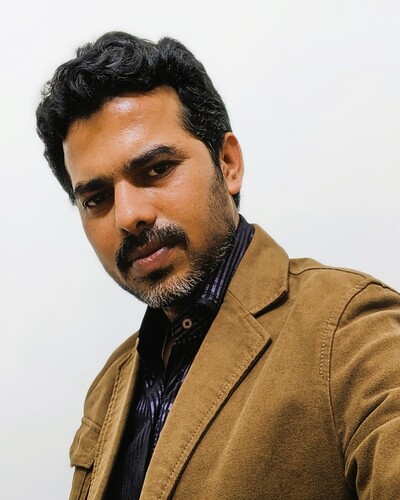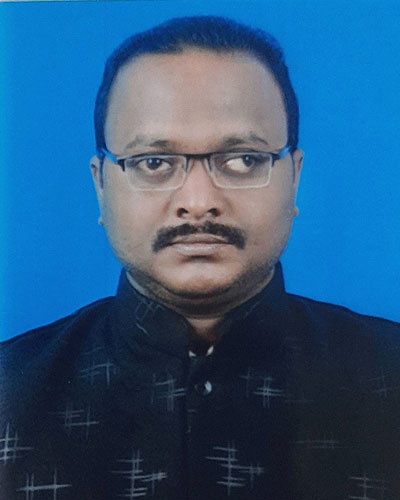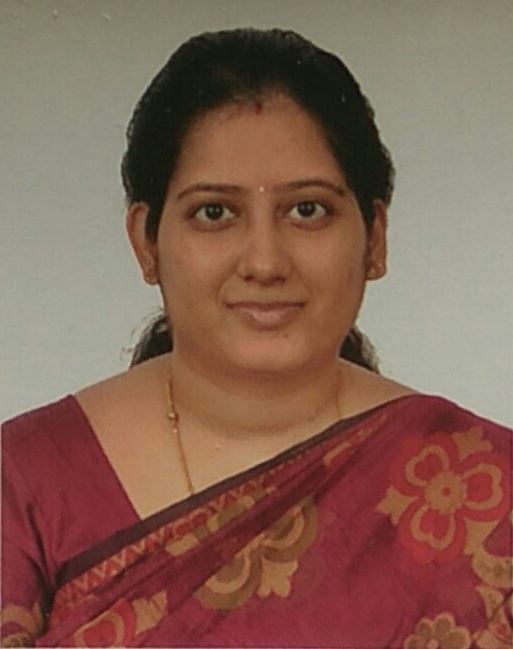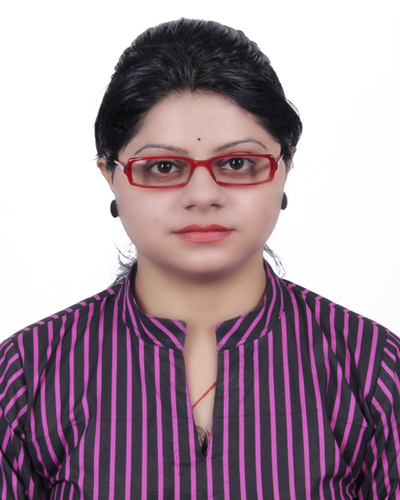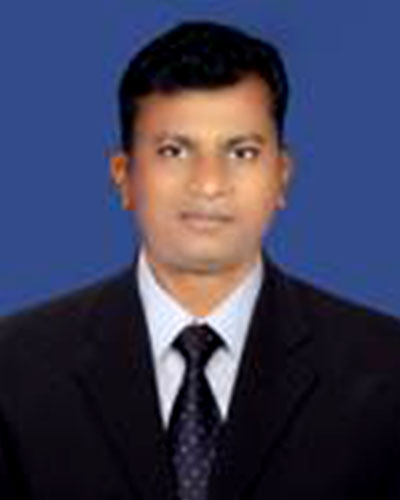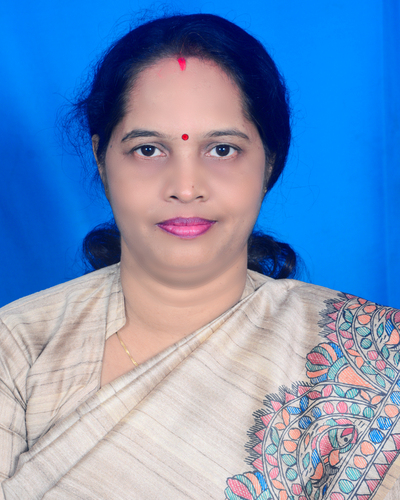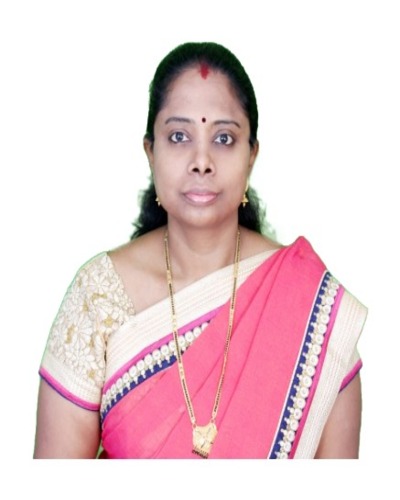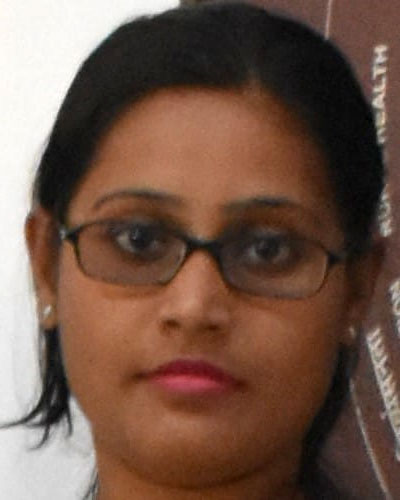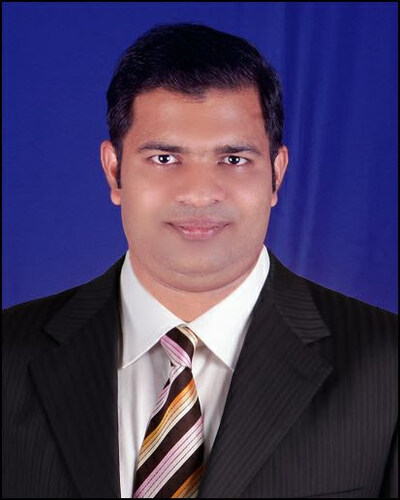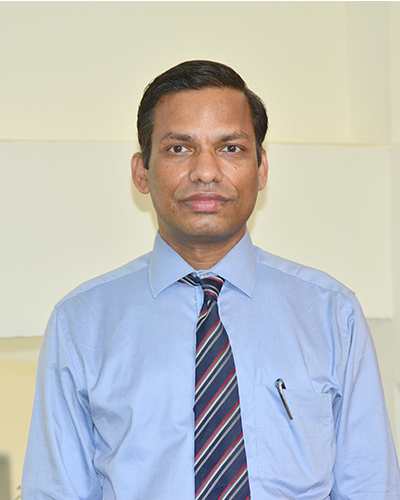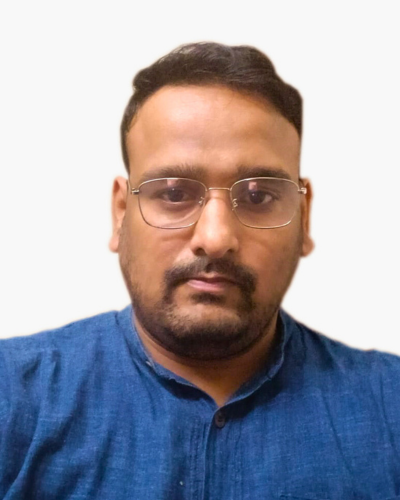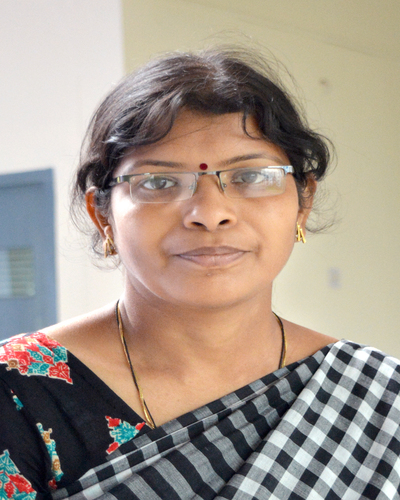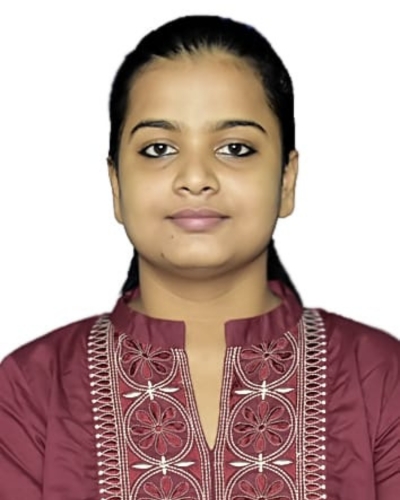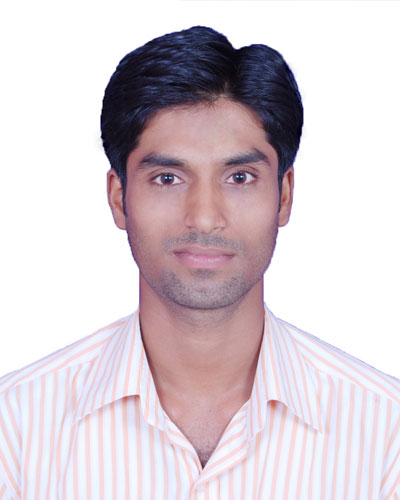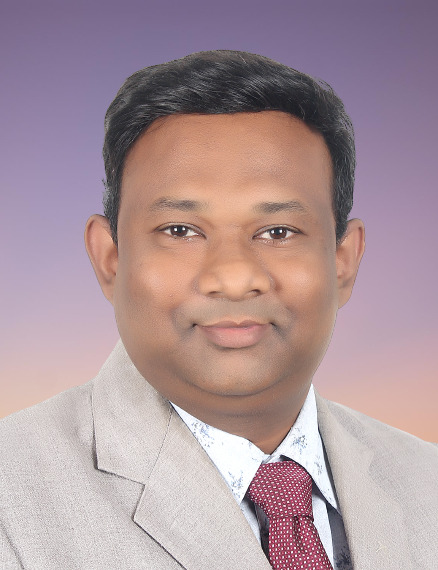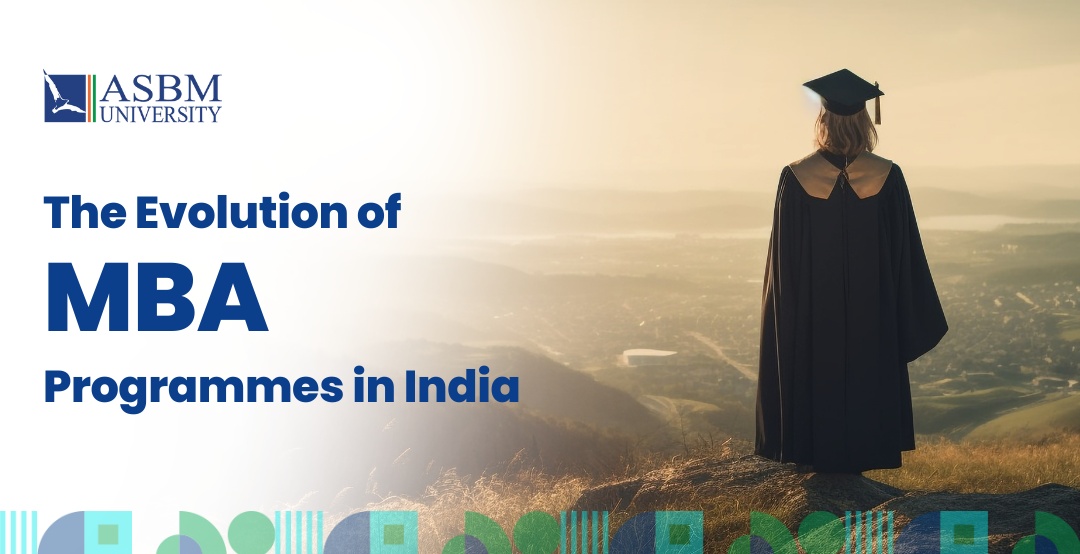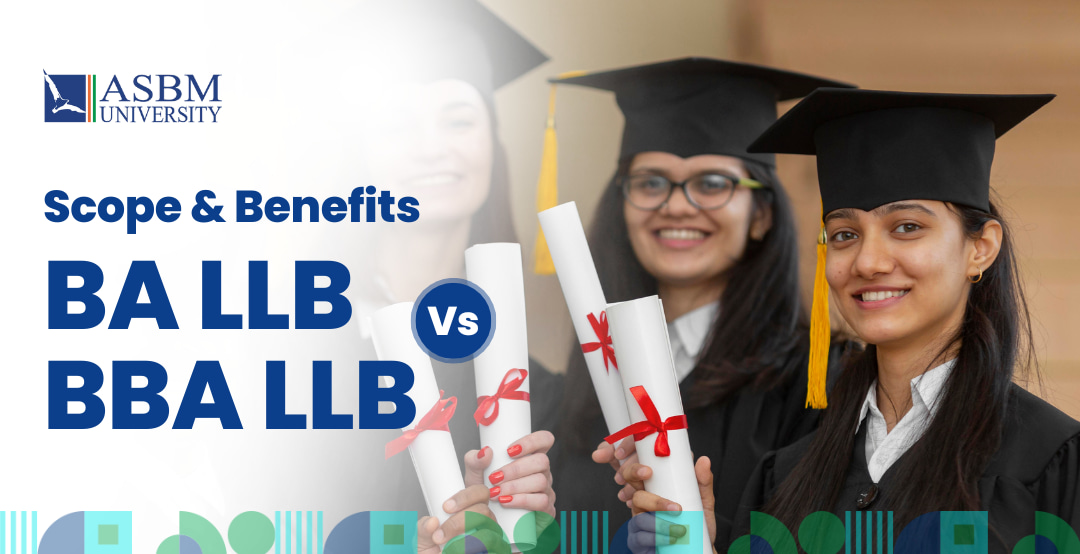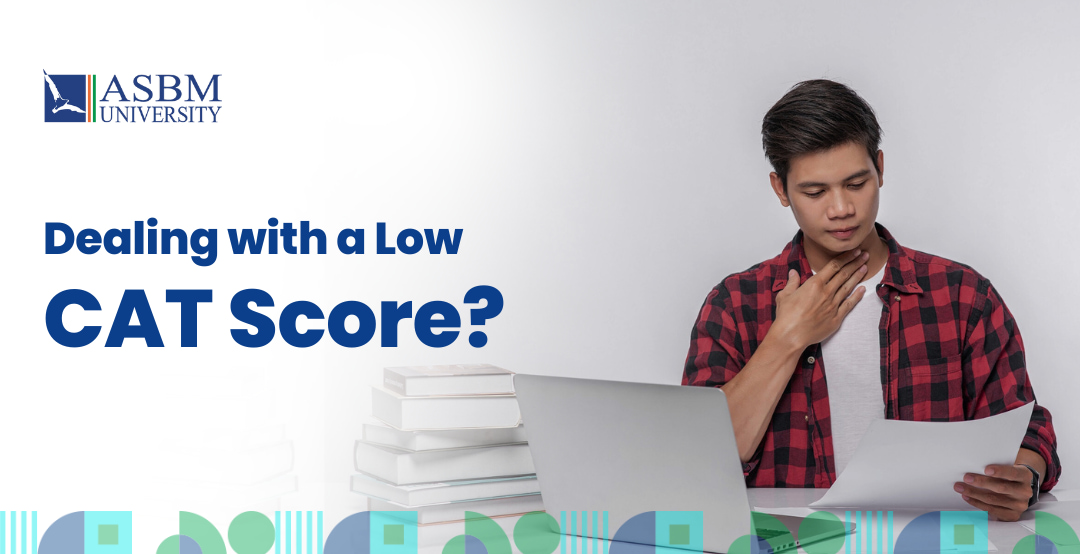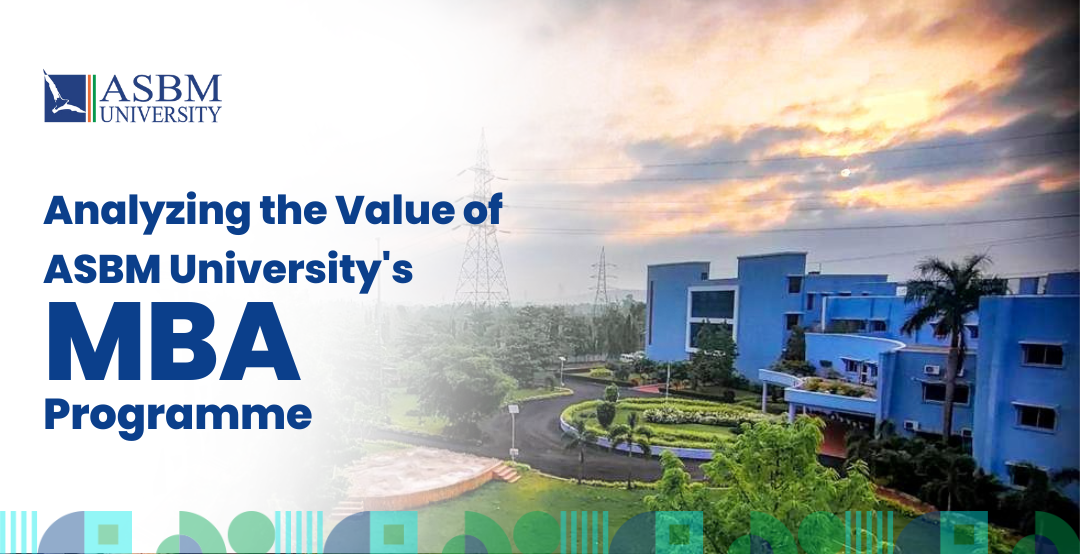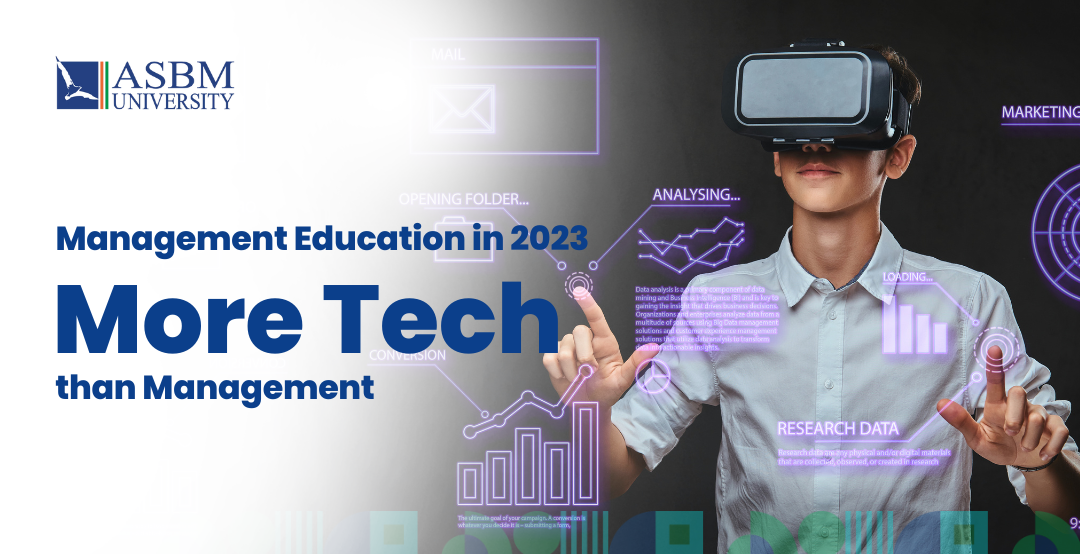Collabration
Programme Key Stats
2024
Admission Session
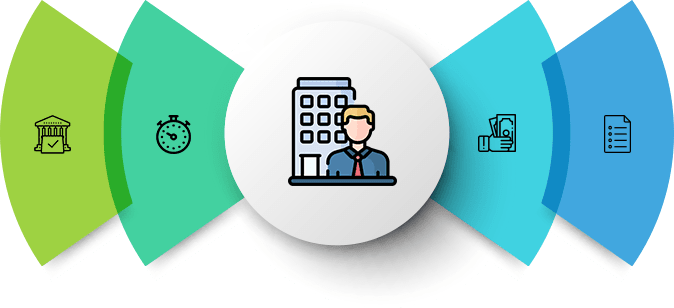
Eligibility Criteria
Bachelor’s degree in CS/ITM/IT/BCA/ or B.Tech. in CS/IT/Electronics with Mathematics at 10+2 level or graduation level
Programme OVERVIEW
An M. Tech programme in Information Technology(IT) focuses on advanced concepts in IT, including software development, networking, data management, and cyber security. The programme often includes coursework, research, and a thesis. Topics may cover machine learning, artificial intelligence, cloud computing, and emerging technologies. M. Tech. provides the students an insight and deep knowledge of the subjects that they have studied in Bachelor degree courses. It adds value to the qualification and expands the career scope as well as job opportunities in future. M. Tech. degree enables the students to secure higher positions in an organization.
M. Tech in Information Technology is a two-year postgraduate degree in computer science that is targeted toward the candidates interested in software engineering, computer programming, wireless communication, and intelligent systems. Besides learning about computer programming, M. Tech IT students also learn how to design complex computer networks, install and modify computer applications, and manage software systems.
The M. Tech in Information Technology (M. Tech. IT) course prepares students for careers in the information technology industry. It provides students with practical knowledge and theoretical foundations. It also prepares students for job positions in the engineering sector. Graduates may even be able to become professors in engineering colleges. There are also many job opportunities after completing the M. Tech. Popular career options include Project Manager, Senior Engineer, Research Associate, Development Engineer, Construction Manager, Machinery Engineer, Maintenance Manager, Software Developer, and Research Associate.
After completing the M. Tech in Information Technology, graduates can move on to senior positions in various organizations. They can even become teachers and researchers. The knowledge gained during this course makes them eligible for a higher salary. This degree also enables graduates to pursue higher studies. If they already have a bachelor’s degree, the M. Tech in Information Technology will help them get a better job in their current job profile.
WHY M. Tech – Information Technology
- Skill enhancement, ability enhancement and Value-added Courses
- Case-based Innovative teaching pedagogy
- Experienced Faculty Members from industry, profession and academics
- Mentor & Mentee practices to enhance student’s ability
- Continuous evaluation pattern
Course Curriculum
FOR WHOM
- Bachelor’s degree or equivalent in Computer Science/ Information Technology/ Information Technology Management/ Computer Application/ B.Tech. in Computer Science/ IT/ Electronics with Mathematics at 10+2 level or graduation level.
- Final year students can also apply.
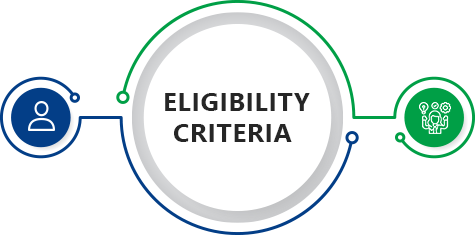
ELIGIBILITY
- B. Tech. (CS), B. Tech. (IT), B. Tech. (Electronics & Telecommunication) with 50 % mark (General)
- 2 years M.Sc. (PHY), M.Sc. (MATH), M.Sc. (statistics), M.Sc. (Information Technology), M.Sc. (Computer Science), MCA with 50 % mark (general)
Semester - I
- Advanced JAVA Programming
- Advanced JAVA Programming Lab
- Advanced Computer System Architecture
- Advanced Computer System Architecture Lab
- Advance Database Management Systems
- Advance Database Management Systems Lab
- Machine learning
Semester – II
- Distributed Systems
- Distributed Systems Lab
- Data Analytics using R
- Data Analytics using R lab
- Advanced Cyber Security
- Advanced Cyber Security Lab
Semester – III
- Software Project Management
- Soft Computing
- Pattern Recognition
- Thesis part 1
Semester – IV
- Seminar
- Comprehensive Viva
- Thesis Part 2

